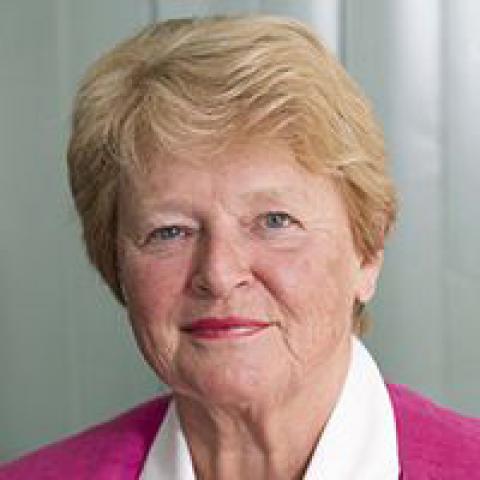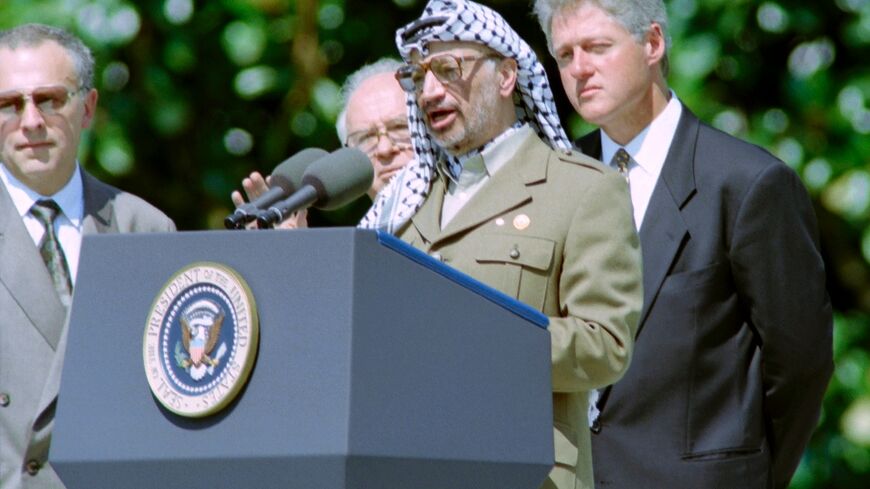Palestinian Oslo accords negotiator Ahmed Qorei dies at 85

The lead Palestinian negotiator of the Oslo accords with Israel, Ahmed Qorei, who went on to serve as prime minister in the self-rule authority it created, has died aged 85.
Palestinian president Mahmud Abbas paid tribute to Qorei as an indefatigable "fighter" for the Palestinian cause after his death was announced by their ruling Fatah party.
Better known at home under his nom de guerre Abu Alaa, Qorei rose to international prominence as the lead Palestinian negotiator in secret talks that led to the historic White House handshake between Palestinian leader Yasser Arafat and Israeli prime minister Yitzhak Rabin in September 1993.
A banker by training, Qorei had previously been in charge of economic affairs within the Palestine Liberation Organisation, using his skills to boost its finances.
After holding several ministerial posts in the fledgling Palestinian Authority, Qorei was elected speaker of parliament after the first Palestinian legislative elections in 1996.
He retained that role until 2003 when he was named prime minister, replacing Abbas who had stepped down.
At this time, the second Palestinian intifada, or uprising, raged for five years until 2005 and the peace accords that Qorei had helped negotiate were increasingly unpopular among Palestinians.
In parliamentary elections in 2006, the ruling Fatah party suffered a shock rout, losing by a landslide to Islamist militant group Hamas, whose nominee Ismail Haniyeh replaced him as prime minister that March.
When peace talks with Israel reopened in 2007-8, Abbas turned to Qorei once again as lead negotiator.
But as the talks foundered amid mutual accusations of broken promises and persistent Israeli settlement expansion in the West Bank, Abbas replaced him with the late Saeb Erakat, who led subsequent rounds of abortive negotiations until his death in late 2020.
In his later years, Qorei increasingly despaired of the viability of a two-state solution given the scale of Israeli settlement expansion in the West Bank, calling instead for a single bi-national state.







